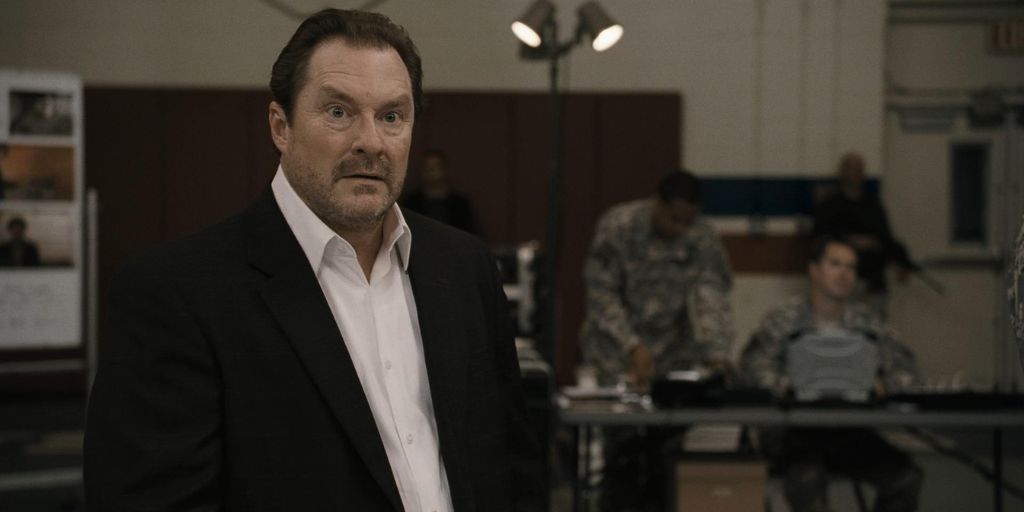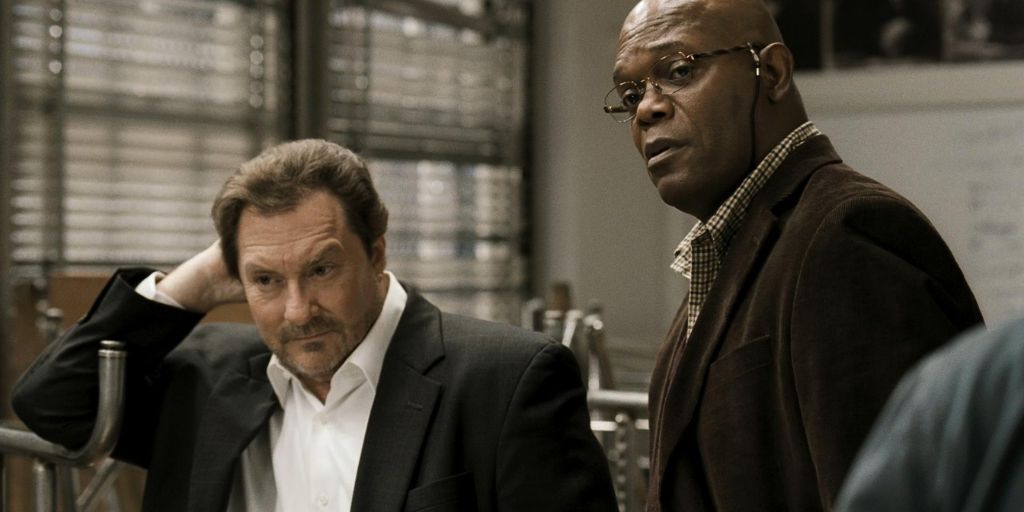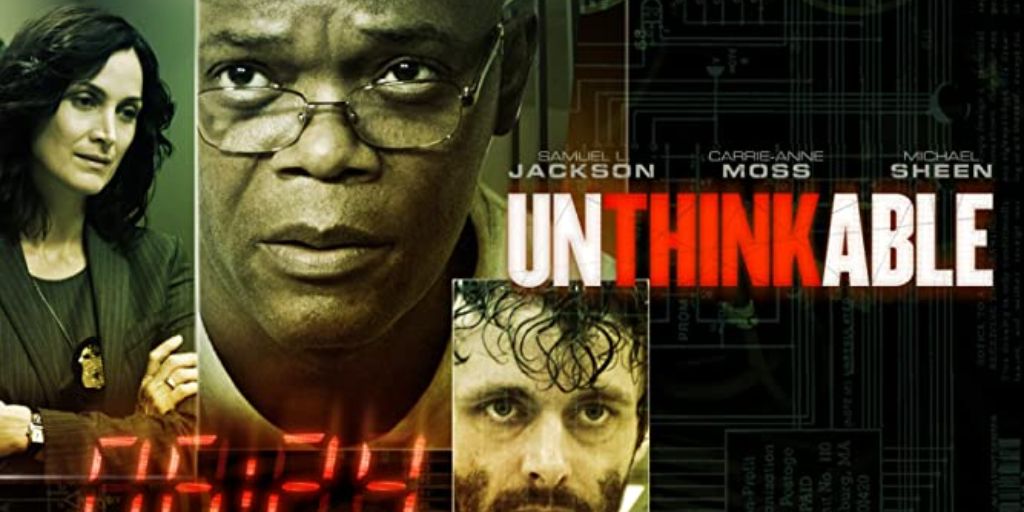Unthinkable throws viewers into a high-stakes race against time. Samuel L. Jackson embodies the ruthless Henry “H” Humphries, a government interrogator willing to go to unthinkable lengths to extract information from a suspected terrorist, Michael Sheen’s Steven Arthur Young.
Meanwhile, Carrie-Anne Moss portrays Agent Helen Brody, the moral center of the film, fiercely opposed to H’s brutal tactics.
The story hinges on Steven’s chilling claim: three nuclear bombs are set to detonate in major US cities. With the clock ticking, H and Brody clash over interrogation methods.
As desperation mounts, Steven’s wife, Jehan, is brought in. H’s sadistic proposal to torture her to coerce a confession is met with horror by Brody and the team. The situation takes a tragic turn when H, in a moment of rage, murders Jehan.

Faced with an agonizing decision, Brody reluctantly agrees to bring Steven’s children into the interrogation room, hoping the ploy will break him. The tactic works – Steven reveals the locations of three bombs, seemingly averting disaster.
However, a horrifying truth emerges: Steven planned for this. He built enough material for four devices, using the initial three as a smokescreen. The location of the fourth bomb remains a terrifying mystery.
Just when viewers might believe a resolution is at hand, Steven takes a desperate measure. He grabs a gun, not to attack, but to commit suicide, taking the knowledge of the fourth bomb with him. The film ends with a bittersweet image – Brody leading Steven’s children to safety.
Ending Explained
Unthinkable leaves viewers with a chilling ambiguity. The fate of the three original bombs is left unknown, and the existence of the fourth hangs heavy in the air. This extended to the viewing experience for many who discovered the film on Netflix. The streaming platform offers an incomplete cut.

The film’s true ending, available elsewhere, reveals a horrifying possibility. A bomb disposal team successfully dismantles the first three devices. But as they celebrate, the camera pans to a hidden fourth bomb, its timer reaching zero. The screen cuts to black, leaving the audience to imagine the devastation.
Unthinkable forces us to confront tough questions. Is sacrificing one’s humanity, even potentially harming children, justified to save countless lives? Brody’s unwavering belief in upholding morality stands in stark contrast to H’s brutal pragmatism. The film provides no easy answers, leaving viewers to grapple with the ethical dilemmas it raises.





